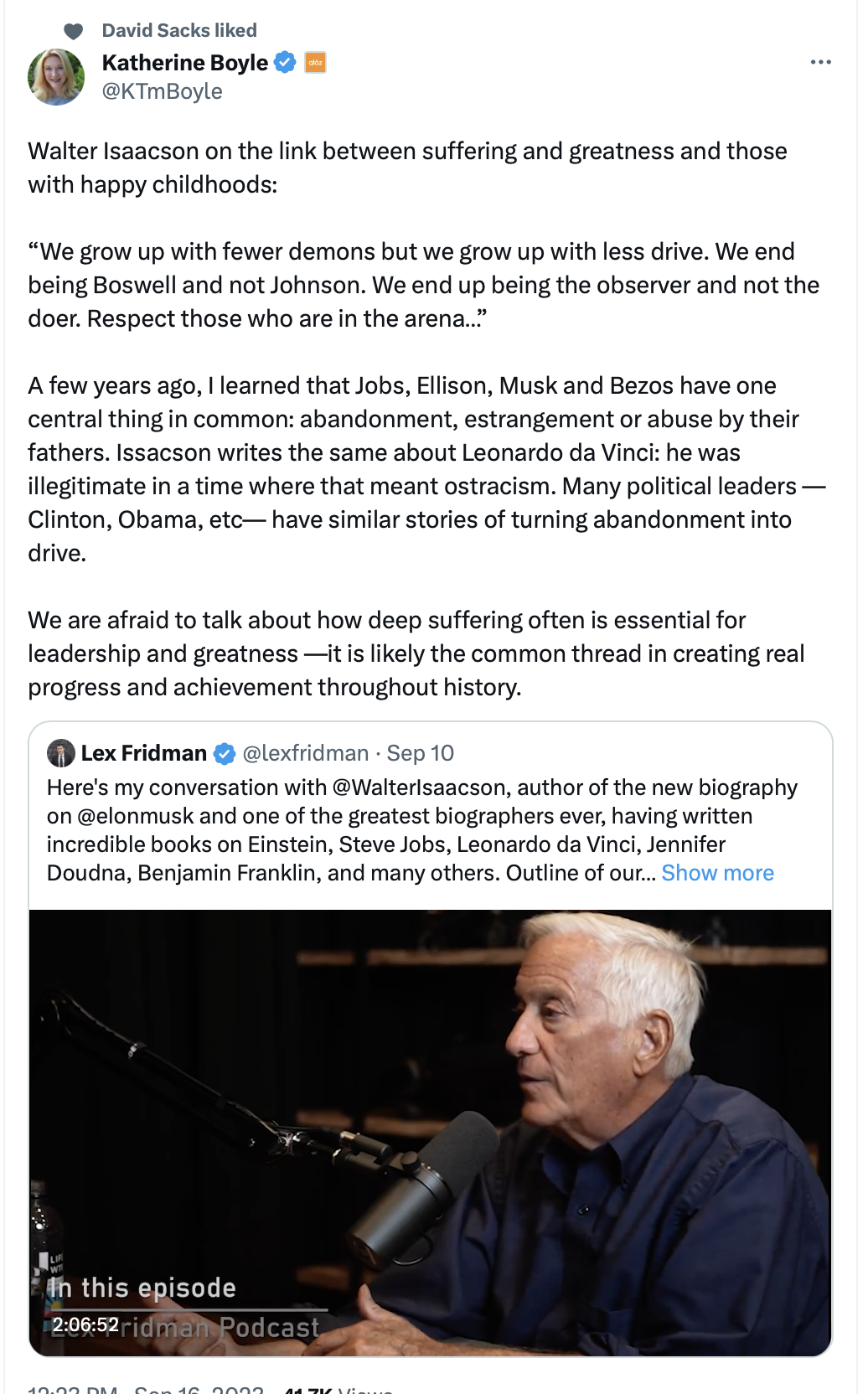Mike Benz: Censorship Versus Propaganda
Thanks to some heroic people like Mike Benz, many of us have seen the scales falling from our eyes regarding the insidiousness and the perniciousness of the censorship-industrial complex. And it's largely funded by you, the taxpayer. Over the past couple of years, I've seen the scales falling from the eyes of Dr. Drew in a very public way.
In this video, Mike Benz discussed the dangers of censorship and propaganda in the digital age, particularly during the COVID-19 pandemic. He argues that censorship is a more insidious threat than propaganda because it can silence counter-narratives and undermine public faith in institutions. He noted that while propaganda can still provide a 'fighting chance' against it, censorship can completely silence opposing viewpoints. I created a transcript of the above discussion:
I see censorship as being the flip side of propaganda. Propaganda is the knob upturning of the volume of a government message. Censorship is the knob down turning of any of any counter messaging. And until the social media censorship expanded-AI toolkit was really unveiled, starting after the 2016 election here in the US, there really was no ability to do censorship at mass scale in a peer-to-peer way.
You had famous examples of of censorship in the 20th century where, you know, JFK basically gave command orders to the mainstream media not to not to report certain things about the Cuban missile crisis when it looked like we were on the verge of world war three in 1961. But they couldn't reach into the dinner table conversations of 300 million Americans and just turn down their volume if they start talking about a key phrase like lab leaked. And, you know, so in this case, I do see the censorship weapon as being actually a lot worse than just propaganda, because propaganda still allows people to have a fighting chance against it, they simply don't believe it or the institutions lose so much credibility that when they see a propaganda poster, they roll their eyes and say, well, that means nothing to me and it means nothing to my friends or my clergy.
So the the issue here is the exactly what you identified around fear is was part of the censorship scheme. You see the way they censored COVID And when I say they, I mean these pentagon and CIA and State Department cutouts like Graphika, like the Atlantic Council, like the Stanford Internet Observatory, like the University of Washington, all staffed by former CIA or former DoD or former state folks. They, basically censored anything that might "undermine public faith and support or the severity of the virus and the government's response to it."
So for example, you know, the Department of Homeland Security's Cyber Security Division, which was their censorship, division, but they simply said any Mis- dis- or mal-information about COVID is a cyber attack because it's speech online that attacks a critical government response. This is why the cybersecurity task force was censoring COVID speech on Twitter. And they, for example, put out a video and in the heat of COVID, in 2021, where they instructed young children to report their own family members for for disinformation--if their family members simply cited CDC data, that compared the death rate of COVID to the death rate of the flu, they gave an example of someone tweeting "COVID is no more fatal than the flu" and they go through an instruction manual basically for a young child to report her own uncle for posting that. Not because it's wrong, because he cited CDC data, but because it would undermine the fear response.


